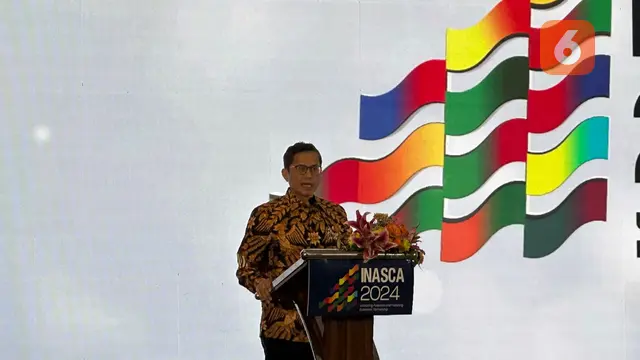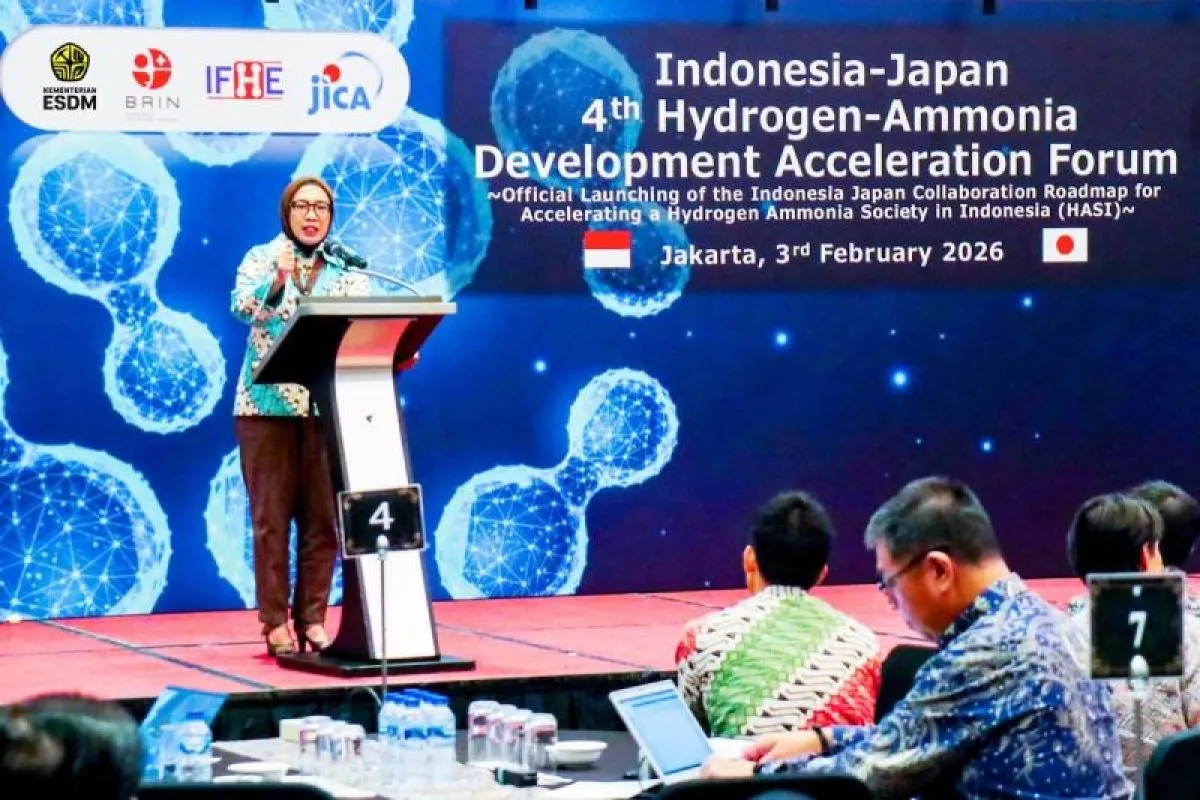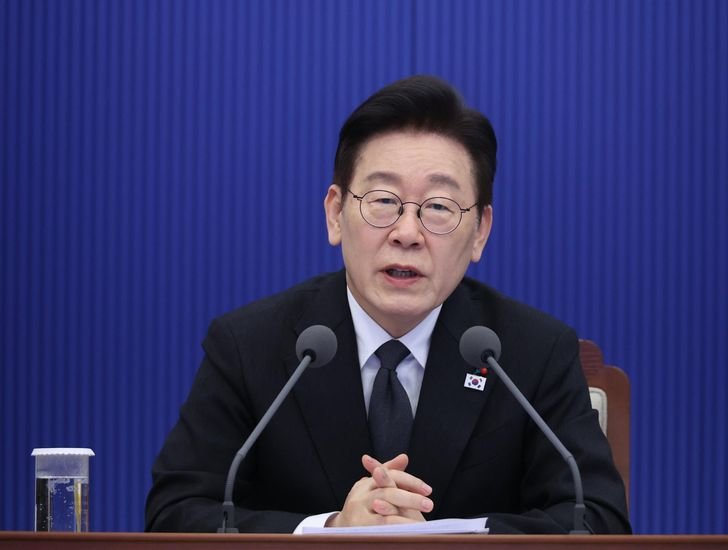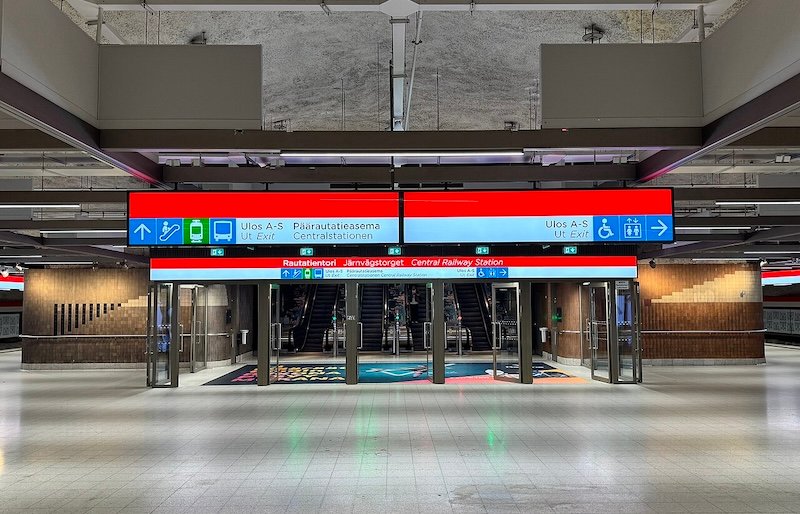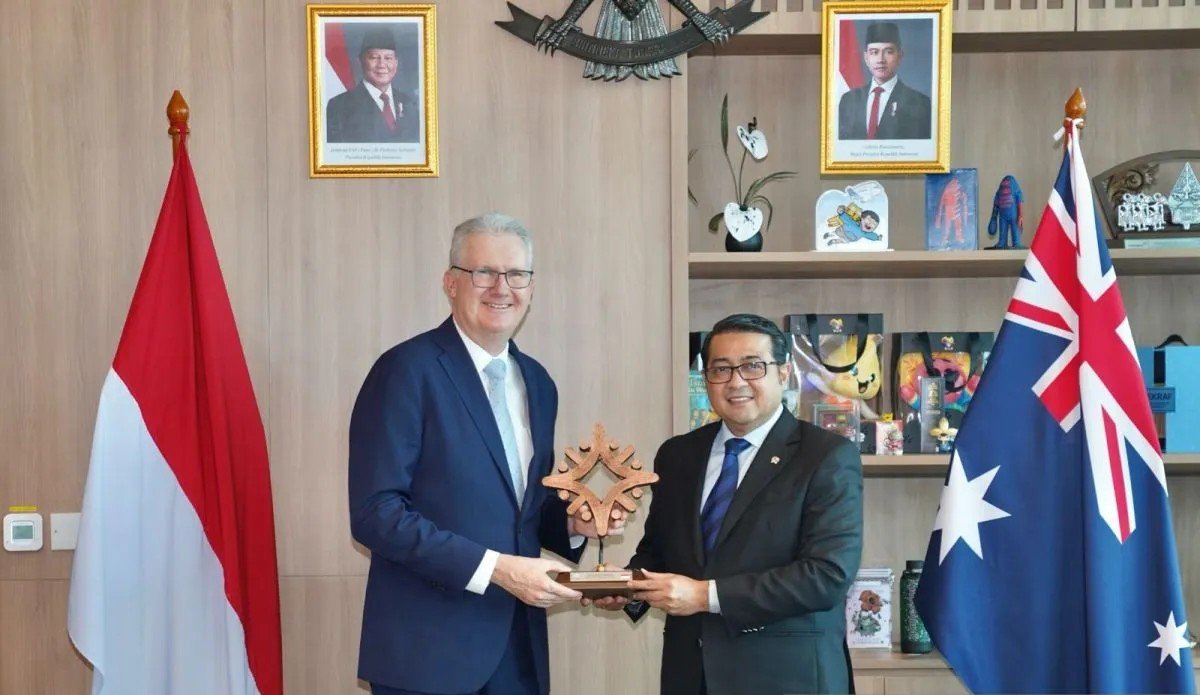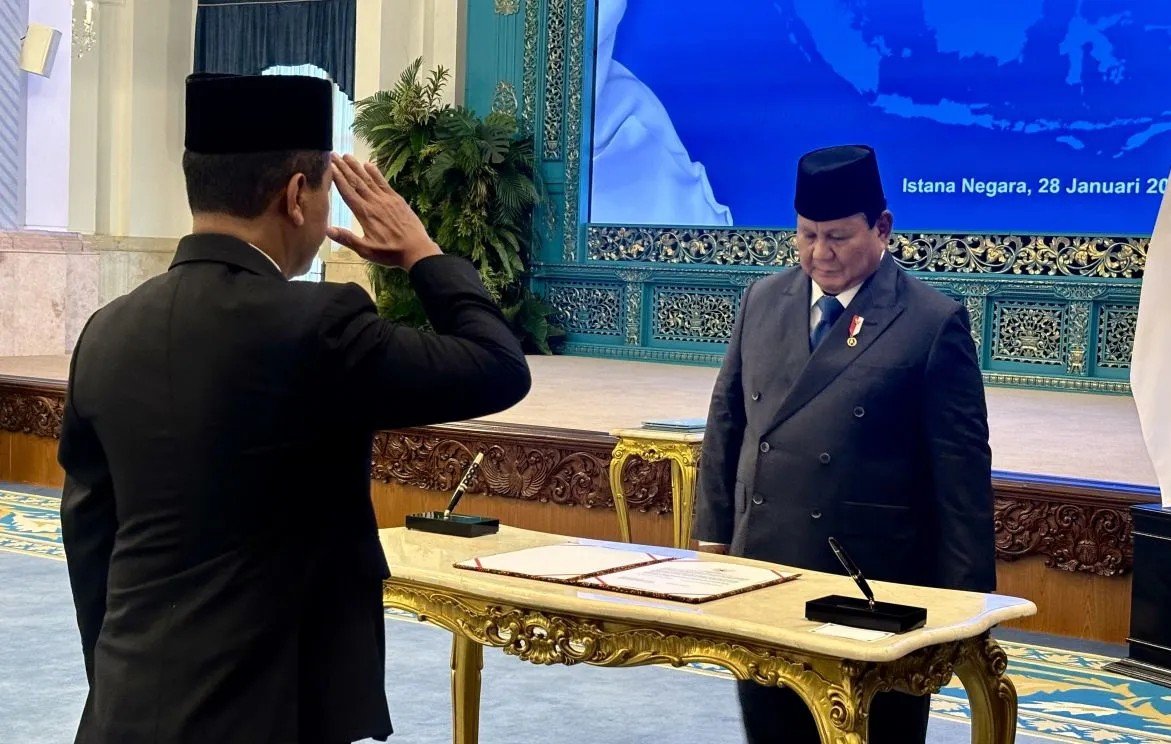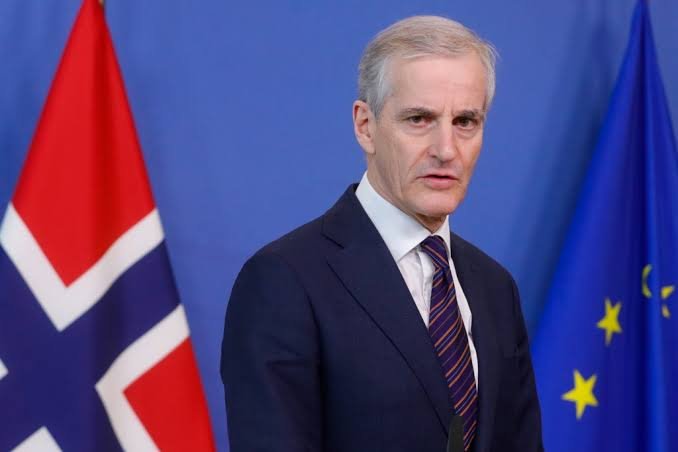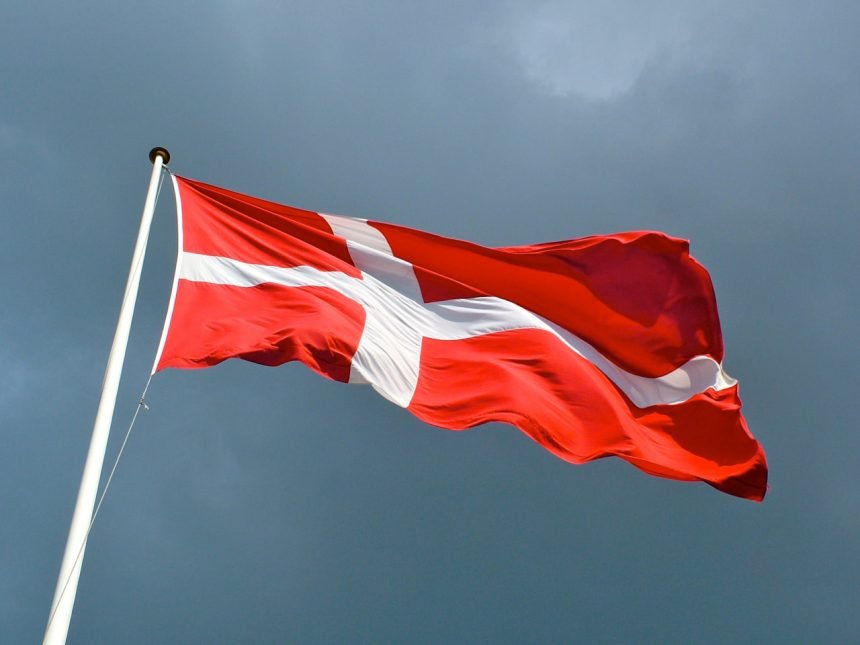Jakarta, October 07, 2024 – The Europe Today: Indonesia’s Deputy Minister of Foreign Affairs, Pahala Nugraha Mansury, highlighted the potential for deeper collaboration between Indonesia and countries in Central and South Asia across several critical sectors during the opening of the Indonesia-South and Central Asia (INASCA) 2024 Business Forum held in Jakarta on Monday, Pahala underscored the importance of partnerships in energy, agriculture, health, and trade to drive economic growth and address mutual challenges.
“Going forward, I hope that Indonesia and South and Central Asia can realize these potentials,” Pahala stated during his address at the forum.
The first area of potential collaboration identified by Pahala was energy security. He emphasized that Central Asia, with its abundant oil and gas reserves, and Indonesia, which currently imports between 500,000 to 600,000 barrels of oil daily, have complementary needs and resources.
“To ensure our energy security, Indonesia needs to pursue cooperation not only in terms of supply but also in investment and technology for oil and gas exploration,” Pahala noted. He also pointed out that Indonesia, with its experience in building gas-fired and renewable power plants, can support South Asian countries in enhancing their energy infrastructure. In light of the global transition towards renewable energy, Indonesia and its regional counterparts can collaborate on developing solar, hydropower, and hydrogen energy projects.
Pahala identified agriculture and food security as the second key sector for collaboration. He stressed that Indonesia and countries in South and Central Asia face rising food demands due to population growth, with both regions heavily dependent on food imports. Given agriculture’s significance in all these countries, Pahala expressed hope that the forum could serve as a platform to explore ways to improve agricultural productivity and food security through joint efforts.
“I hope that through this forum, we can explore ways for Indonesia and businesses from South and Central Asia to collaborate in improving our agricultural productivity and securing our food supplies,” Pahala remarked.
The third area for cooperation is healthcare, where both Indonesia and Central and South Asian nations need to strengthen their healthcare systems to meet growing population demands. Pahala noted that Indonesia is still heavily reliant on imports for medical equipment and pharmaceutical ingredients, while some countries in South and Central Asia have developed domestic capabilities in these areas.
“This presents opportunities for cooperation in the production of pharmaceutical ingredients as well as medical equipment,” Pahala said, emphasizing the potential for joint ventures in healthcare supplies.
Finally, Pahala highlighted trade development as another area ripe for growth. Although trade volumes between Indonesia and Central and South Asia have increased by 54% over the past five years, he noted that there remains untapped potential for further expansion. Indonesia currently holds Preferential Trade Agreements (PTAs) with several countries in the region, including Pakistan, Iran, and India.
“I hope that through your continued support, we will be able to conclude negotiations and finalize agreements that will bring significant benefits to both regions,” Pahala added, reaffirming Indonesia’s commitment to enhancing trade ties through INASCA and similar platforms.
The INASCA Business Forum 2024 provided an opportunity for business representatives from across the regions to discuss and explore these collaborative opportunities, strengthening economic ties between Indonesia, South Asia, and Central Asia.
